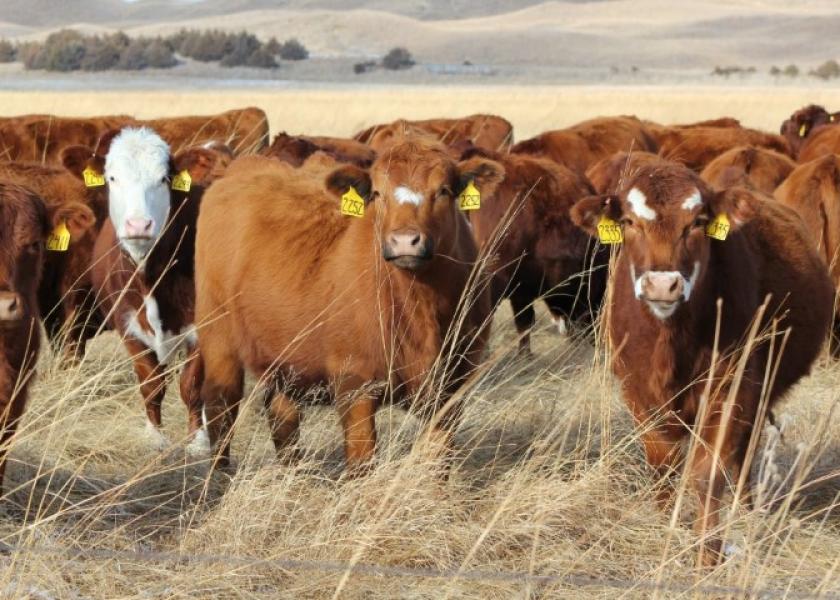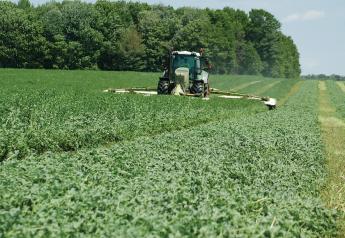Officials: Livestock on Western Nebraska Farm Quarantined

Livestock have been quarantined on a western Nebraska farm following a diagnosis of a disease that can hamper an animal's ability to eat and drink, state officials said.
The Nebraska Agriculture Department said in a news release Friday that a U.S. Department of Agriculture laboratory confirmed the diagnosis of vesicular stomatitis. The sample was taken from an infected horse on a farm in Scotts Bluff County.
State Veterinarian Dr. Dennis Hughes said the positive diagnosis could trigger animal import regulations in other states. Producers moving livestock from Nebraska into another state are encouraged to contact the state veterinarian's office in the state of destination to learn about specific import requirements.
Hughes said the case has prompted new requirements for horses and cattle coming to the AKSARBEN Stock Show and Rodeo to have been seen by a veterinarian within 48 hours. The event is Sept. 24-27 in Omaha.
The virus that causes vesicular stomatitis is spread by insects and from animal to animal through open sores and saliva. The virus causes painful oral blisters and sores and can affect cattle, horses, pigs, sheep, goats and other animals.
"The best ways to reduce the chance of VS infection is to reduce the population of flies, mosquitoes and other biting insects as much as possible, and to isolate infected animals from uninfected animals," Hughes said.
Vesicular stomatitis generally isn't fatal, but it can cause economic losses to livestock producers, according to the USDA. Humans can become infected when handling ailing animals, but the USDA said that rarely happens.
In recent months, there have been several reported cases of the disease confirmed in areas of Wyoming, Colorado and South Dakota that border Nebraska's panhandle. Nebraska's last confirmed cases were last November in two cows in Wheeler County. Nebraska's last major outbreak of the disease was in 2005.







